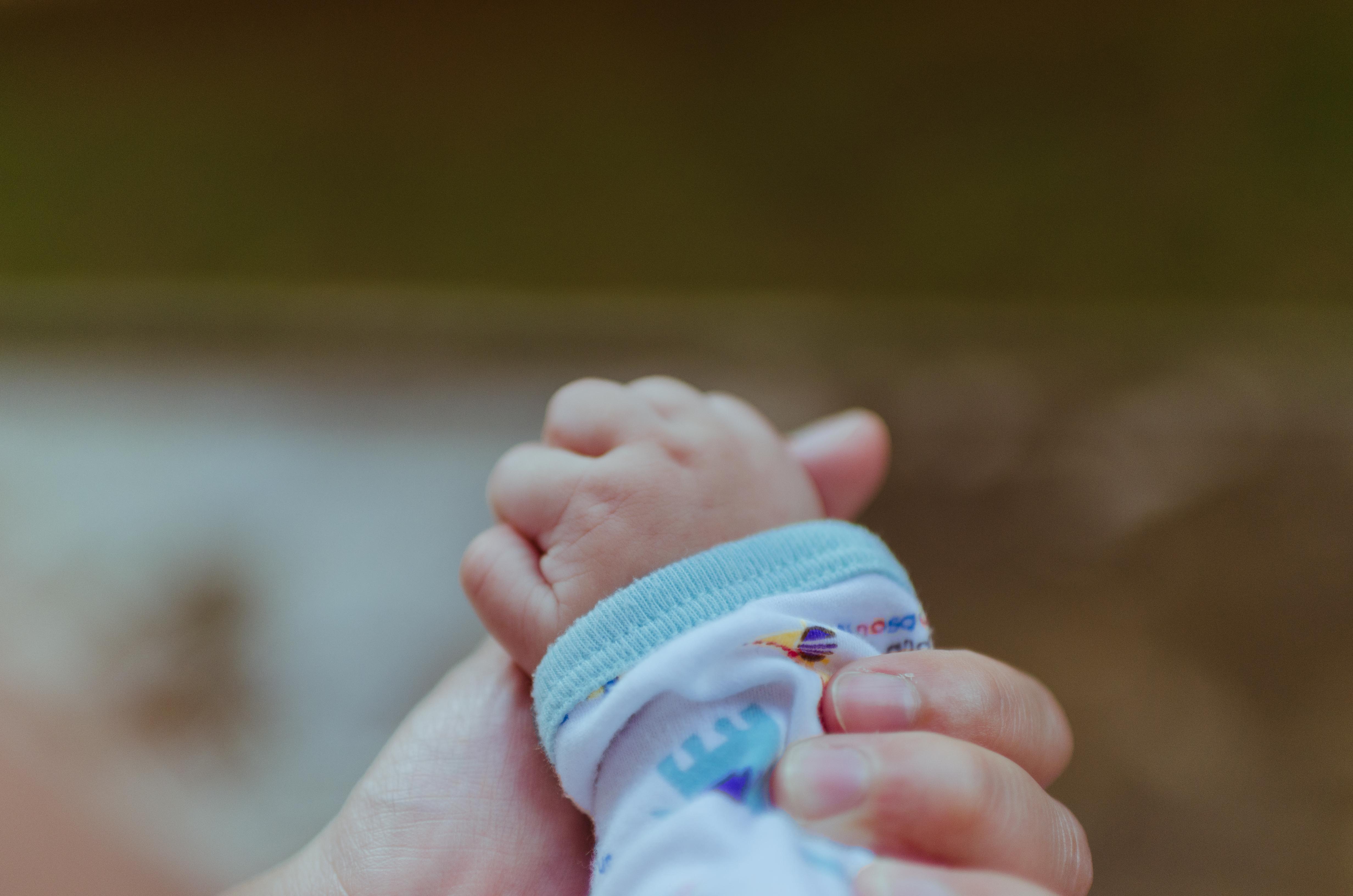Fourteen month old, twin Iraqi boys suffering from a progressive and incurable neurodegenerative disorder have died after the UK High Court ruled that doctors could switch off their life support against their parents’ wishes.
In line with decisions made in similar cases, Justice Holman considered that the suffering and complications the boys experienced as a result of both their condition and the artificial ventilation, made prolonging such treatment “not only futile but unjustifiable.” Agreeing with the boys’ doctors, he ruled:
“It seems to me that artificially to prolong their lives in this particular case lacks any purpose, confers no benefit at all apart from the fact of physical survival, and involves perpetuating the infliction of pain and discomfort for no gain or purpose. It is not in the best interests of either boy that the process be artificially prolonged, and it is in their best interests that nature should now be permitted to take its inevitable course.”
The boys’ parents argued that it was against their Islamic faith to withdraw life support before the children’s brains had stopped working and that turning it off was effectively killing them. To this Justice Holman responded:
“Several times in the present case the father has said that to withdraw the artificial ventilation, now that it has been commenced, involves killing the child. I completely understand how he perceives it that way and, indeed, that may be the viewpoint also of his Islamic faith. However…there is, and can be, no legal (nor indeed ethical) distinction between a decision to withhold artificial ventilation and a decision to withdraw or discontinue it once started. In neither case does the decision involve killing the child. The child is not killed. He dies because of the natural result or effect of his underlying disorder or disease.”
NZHPA considers that this judicial decision is highly relevant to the current discussion on end of life issues in New Zealand. To clarify for the purpose of present debate, not only is this not a case of killing these children, but neither is it a case of euthanasia (as some mistakenly consider switching off life support to be). Euthanasia is intrinsically different from a situation where futile or unduly burdensome life-prolonging treatments are withheld or withdrawn. In these situations, the intention is to reject the futile or unduly burdensome treatment, not to kill the patient.
Euthanasia is similarly distinct from a situation where a patient is given medication in order to alleviate his or her suffering, even if this risks hastening their death. Here the intention is to alleviate the patient’s suffering via the medication, not to kill them by administering a lethal dose of drugs. If the intention is in fact to kill the patient via the medication or by withholding or withdrawing treatment, it would correctly be called euthanasia.
Such examples have been confused as constituting euthanasia and have been used by pro-euthanasia advocates to say that euthanasia is happening already and that it should therefore be legalised. The fact that something unlawful happens in society is not sufficient reason to legalise it, and as noted above, such examples are not euthanasia as the intention to put the patient to death is absent.
Some people criticise those who distinguish between intended and unintended hastening of death. However, to understand the distinction one only needs to consider the intentions of leaders who sent their soldiers to fight the Nazis. These leaders would have known that they were sending their soldiers into situations where many deaths were inevitable, but the leaders’ intention was to defeat the Nazis, not to cause the deaths of their soldiers.
Let’s be crystal clear that we know what it is that we’re talking about in the upcoming months as we consider issues as important and as far-reaching as euthanasia and physician-assisted suicide.

